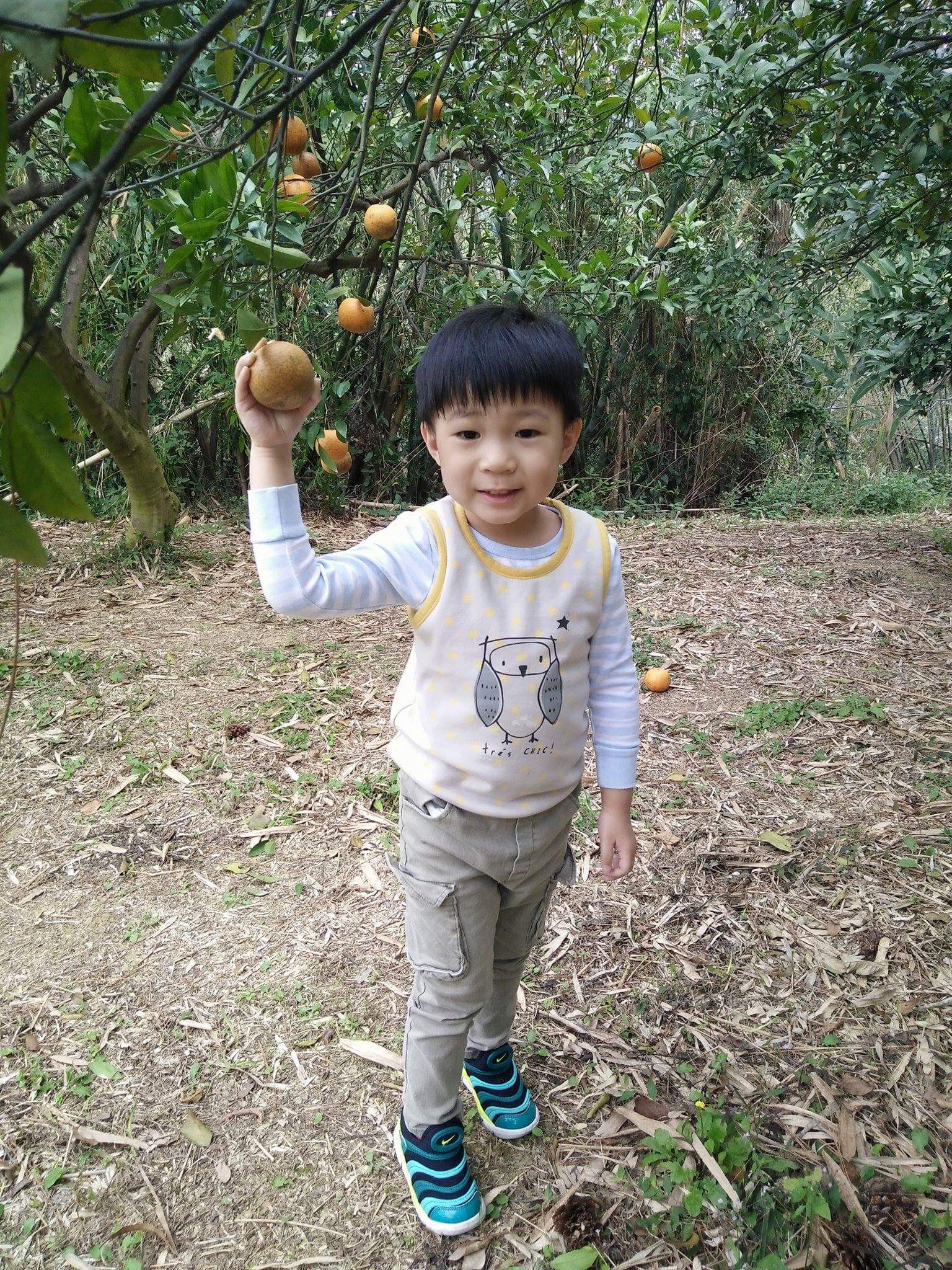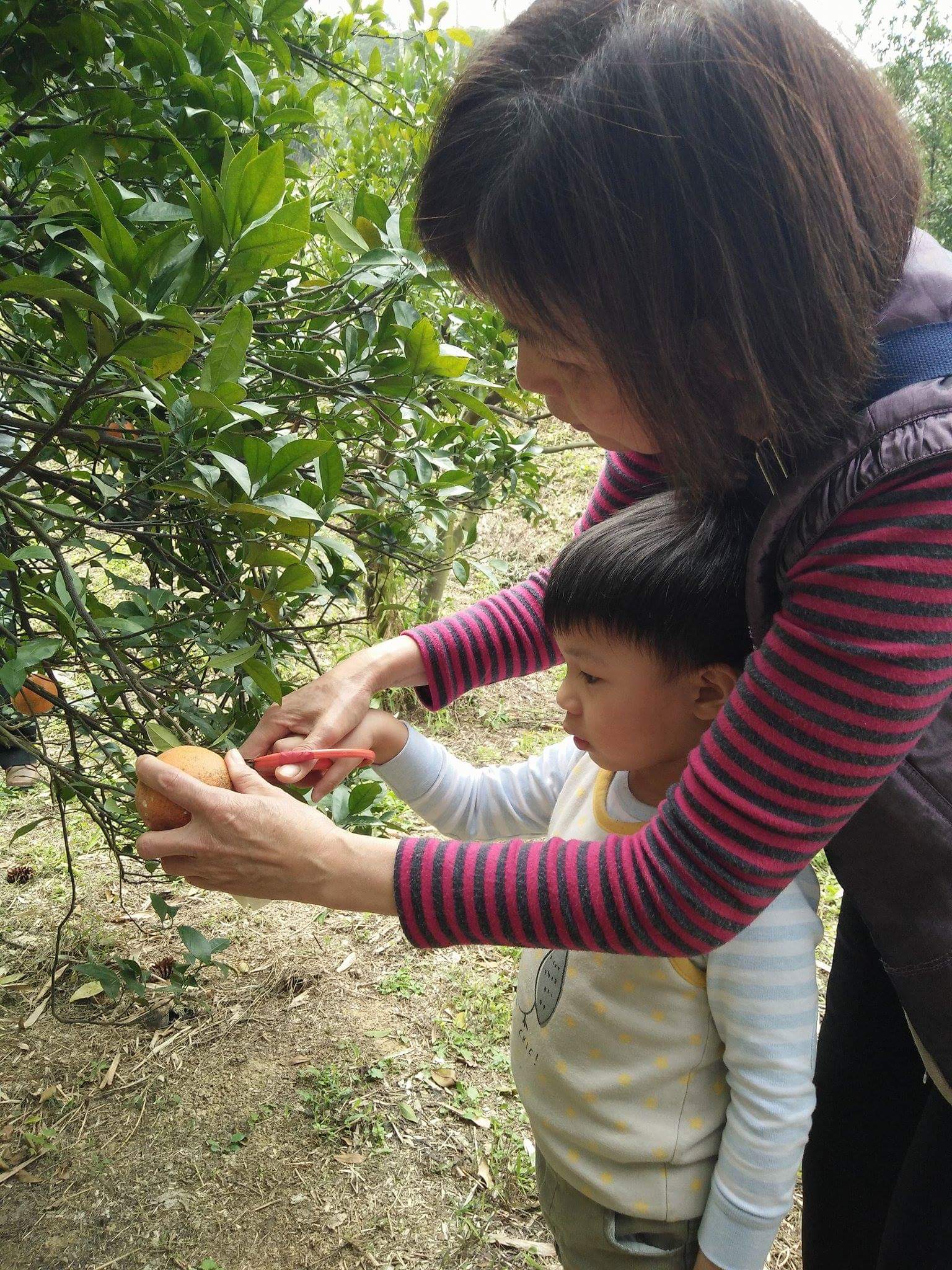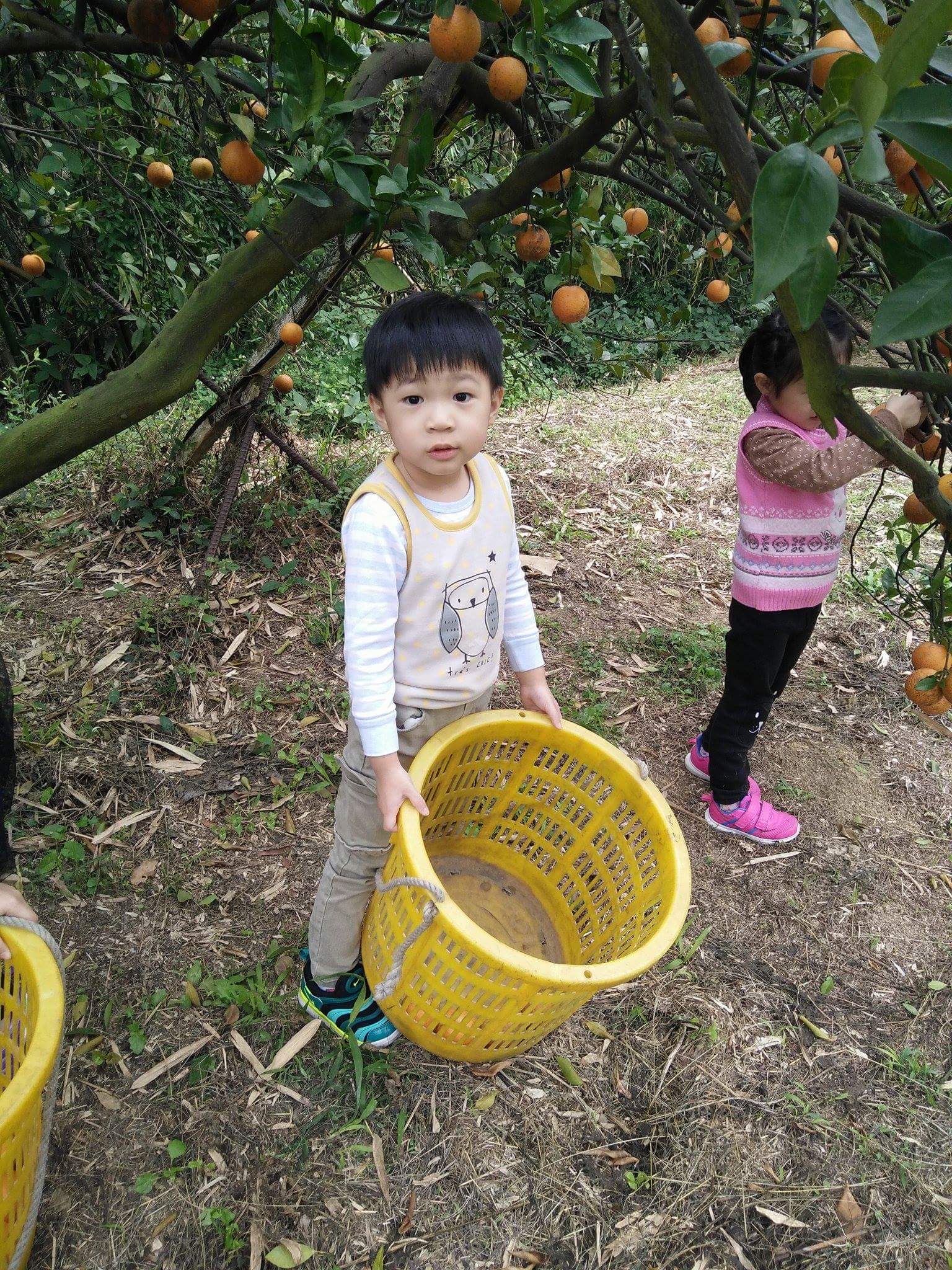A Gigantic Tangerine, Dragons, and Xiangqi (Chinese Chess)
Author: Jim Png
Note: This article first appeared on Xiangqi.com.
The Secret in the Tangerine (《橘中秘》jú zhōng mì) is one of the earliest and most important ancient manuals in Xiangqi. Its title was based on one story called the People of Ba Qiong (《巴邛人》 bā qióng rén) from Xuan Guai Lu (《玄怪录》 xuán guài lù). Xuan Guai Lu was a collection of stories written by Prime minister Niu Sengru (牛僧孺 niú sēng rú, 790-849 AD) of the Tang Dynasty. The People of Ba Qiong described two deities playing Xiangqi in a gigantic tangerine. Niu Sengru did not stop there. He also wrote the story of Cen Shun (岑顺 cén shùn), which provided some insights on how the pieces in Xiangqi moved in his time.
In this article, the author will examine the story of the gigantic tangerine in detail with the following sections.
- Some Background History
- About the Author, Niu Seng Ru, the Prime Minister
- The People of Ba Qiong
- The original passage in Chinese
- Other versions of the story
- Summary

Cen Shun will be discussed in another article.
Diagram 1 We're talking about tangerines today! Author's son.
Some Background History
The history of Xiangqi during the Tang Dynasty presents one of the most challenging periods. Before the Sui Dynasty, Emperor Wu of Northern Zhou (周武帝 zhōu wǔ dì, 543-578AD) had invented a game or called Xiang Xi (象戏 xiàng xì) in 569AD. While some historians have suggested that Xiang Xi was the precursor to Xiangqi, the game itself was an enigma. The writings of how to play it were lost, and the only extant pieces of writing mentioning the invention had obscure passages.
After the Sui Dynasty (581-618AD) unified China, the founding emperor, Emperor Wen of Sui Dynasty (隋文帝 suí wén dì, 541 AD – 604 AD), was against Xiangqi and other games as he ruled with an iron fist. Xiangqi went into decline.
Then came the great Tang Dynasty (618-907AD), one of the greatest dynasties in the history of China. Arts and culture rebounded as there was peace. In particular, Xiangqi, or its precursor, continued its evolution.
Some texts continued discussing Xiangqi and its evolution. Perhaps the most important texts related to Xiangqi were from Niu Sengru's: the People of Ba Qiong and the Story of Cen Shun.
About the Author, Niu Seng Ru, the Prime Minister
Prime minister Niu Sengru was a Chinese historian, general, and politician who eventually became the Prime Minister in the Tang Dynasty. He is perhaps more famous for leading the Niu faction in a power struggle against his archenemy Li Deyu (李德裕 Lǐ Dé yù, 787 – 850 AD).
He was also a significant person in the history of Xiangqi. He is attributed with the invention of the Cannon piece by the monk Nian Chang.
僧 念常 《佛祖历代通载》 二十二卷.
“…制象碁 制象碁〈昔神农以日月星辰为象唐相国牛僧孺用车马将士卒加炮代之为机矣 …” (1)
Translated, the passage by Nian Chang the monk is:
"Shennong created Xiangqi based on his observations of the celestial bodies, and Tang Dynasty Prime Minister Niu Sengru modified the chariot, horse, pawn and added the cannon."
Niu Sengru was also the author of Xuan Guai Lu which has been translated into many different English names. They include:
- Tales of Mysteries and Monsters by Ulrich Theobald (2),
- Collection of the Mysterious and the Strange,
- Accounts of the Mysterious Marvels from A World of Chess (3),
- Hsüan Kuai Lu by Himly (4), and
- Xuan Guai Lu, also from A World of Chess (3).
The author used the translation of Tales of Supernatural Oddities in earlier writings. The book was a collection of stories, and as its name suggested, it contained many supernatural tales of the occult in ancient China. There were ten scrolls to the book.
Pertaining to Xiangqi, there were two tales in the book that deserve special mention and analysis:
- the Story of Cen Shun, and
- the People of Ba Qiong.
The former was found in scroll number five, while the latter was found in scroll number three.
Cen Shun will be discussed in another article.
Later, the book was called You Guai Lu (《幽怪录》yōu guài lù) during the Song Dynasty.
http://www.chinaknowledge.de/Literature/Novels/xuanguailu.html
The People of Ba Qiong
Dennis Levanthal translated Niu Sengru's story, which was included in his book under Appendix II. It remains one of the best translations that the author has come across over the years. (5)

Diagram 2 Will old men be playing Xiangqi in the Tangerine? Author's son and mother-in-law
Once there was a man from Pa-Ch'iung whose name I do not know. On his family property there was a grove of tangerine trees. It happened that after a frost, most of his tangerines were ruined, but there remained two giant-sized ones, each as big as a basin with a capacity of three or four pecks. Finding this quite strange, he ordered them picked. Each weighed only as much as an ordinary tangerine. However, when split into two, each tangerine was found to contain two old men. All were playing Hsiang Hsi.
Their bodies were barely more than one foot in length. They were talking and laughing in a carefree manner. Even after the tangerines were split open, they were not frightened, but went right on with the competition.
When their games ended, one old man said, "You lose to me ten ounces of the hair of the Sea Dragon Spirit's seventh daughter, twelve pieces of yellow forehead (cake make-up) from Chih-Ch'iung, one sleeveless shirt of purple silk, thirty-two pecks of Evening Cloud Essence powder from Chiang-t'ai Mountain, nine hu (i.e, about forty-five pecks) of ground jade from Ying Chou, four chung (I,e about sixteen pecks) of O-mu's bone-marrow curing, high-proof liquor, and eight pairs of colorless socks, used for ascending the firmament like a dragon, which belong to O-mu's daughter, Tai-ying. You can pay me the day after tomorrow in Master Wang's Straw Hall on Ch'ing-ch'eng Mountain."
Another of the old men said, "Master Wang had promised to come (today), but in the end we couldn't wait for him. Our pleasures here inside these tangerines are no less than (that of the four recluses of) Shang Mountain, but unfortunately (here) we cannot be 'deeply rooted and firmly implanted, and were plucked down."
Then another said, "I’m starved. I need to eat some Dragon-root meat.” With this, he pulled a root out from inside his sleeve. Its diameter was one inch, and its form was sinuous like that of a dragon. (In fact) it was complete (in the form of a dragon) down to the smallest detail. He thereupon shaved off silvers and ate them. (But) even while he shaved it, it remained complete.
After eating, he sprayed it with water and it was transformed to a real dragon. The four old men mounted it, and clouds formed leisurely beneath their feet (as they arose). Within a moment, wind and rain darkened the sky and (the man of Pa-ch’iung) could not see them no longer.
The people of the Pa-ch’iung district have transmitted this story for about a hundred and fifty years. It seems to have originated (some time) between the Sui (589-617) and T’ang (618-906) dynasties, but I don’t know in which reign-period.
The original passage in Chinese
唐 牛僧儒 《玄怪录.卷三.巴邛人》:
有巴邛人,不知姓名,家有橘园。因霜后,诸橘尽收,余有两大橘,如三斗盎。巴人异之,即令攀橘下,轻重亦如常橘。剖开,每橘有二老叟,鬓眉皤然,肌体红润,皆相对象戏,身长尺余,谈笑自若,剖开后亦不惊怖,但相与决赌。
决赌讫,一叟曰:「君输我海上龙王第七女髲发十两、智琼额黄十二枝、紫绢帔一副、绛台山霞宝散二庾、瀛洲玉尘九斛、阿母疗髓凝酒四钟、阿母女态盈娘子跻虚龙缟袜八緉,后日于王先生青城草堂还我耳。」
又有一叟曰:「王先生许来,竟待不得,橘中之乐,不减商山,但不得深根固蒂,为愚人摘下耳。」
又一叟曰:「仆饥矣,须龙根脯食之。」即于袖中抽出一草根,方圆径寸,形状宛转如龙,毫厘罔不周悉,因削食之,随削随满。
食讫,以水噀之,化为一龙,四叟共乘之,足下泄泄云起。须臾,风雨晦冥,不知所在。
巴人相传云:「百五十年来如此,似在陈隋之间,但不知的年号耳。」 (6) (7)

Diagram 3: More fruite means more chances!
Other versions of the story
Niu Sengru’s work was later collected into another two
The same passage was later collected in Tai Ping Guang Ji in the fortieth scroll. This version was essentially the same as Niu Sengru’s original writings.
《太平广记》卷四十〈神仙四十·巴邛人〉
有巴邛人,不知姓。家有桔园,因霜后,诸桔尽收。余有二大桔,如三四斗盎。巴人异之,即令攀摘,轻重亦如常桔,剖开,每桔有二老叟,须眉皤然,肌体红润,皆相对象戏,身仅尺余,谈笑自若,剖开后,亦不惊怖,但与决赌。赌讫,叟曰:「君输我海龙神第七女发十两,智琼额黄十二枚,紫绢帔一副,绛台山霞实散二庾,瀛洲玉尘九斛,阿母疗髓凝酒四锺,阿母女态盈娘子跻虚龙缟袜八两,后日于王先生青城草堂还我耳。」又有一叟曰:「王先生许来,竟持不得。信中之乐,不减商山;但不得深根固蒂,为摘下耳。」又一叟曰:「仆饥矣,须龙根脯食之。」即于袖中抽出一草根,方圆径寸,形状宛转如龙,毫厘罔不周悉,因削食之,随削随满。食讫,以水噀之,化为一龙,四叟共乘之,足下泄泄云起,须臾风雨晦冥,不知所在。巴人相传云:「百五十年已来如此,似在隋唐之间,但不知指的年号耳。」 (8)
The same story was recorded twice in 《钦定古今图书集成》 in two different scrolls. There were some slight differences. Two old men were playing Xiang Xi in one version, while there were three men in the tangerine in another version.
Note: Xuan Guai Lu was later called You Guai Lu《幽怪录》(yōu guài lù) in the Song Dynasty to avoid the personal name of Emperor Taizu of Song. It also went under the same name in a reprint series known as 《龙威秘书》(lóng wēi mìshū).
The original version in You Guai Lu is given.
However, the details of the bet were mostly omitted. And, in the end, there were two dragons that the four old men traveled away.
《幽怪录》巴邛人家有橘园,霜后尽收余两大橘,如三 斗盎,剖开每橘有二叟,须眉皓然,相对象戏,一叟曰, 君输我瀛,州玉麈三斛。后日于青城草堂,还我耳。一 叟曰,橘中之乐不减,商山但不得深根固蔕,于其中 耳。一叟曰,饥虚矣,须龙根脯食之,即于袖中抽出一 草根方圆径寸形状,宛转如龙,因削食之,随削随满, 食讫以水噀之,化为二龙,共乘之而去。 (9) (10)
In another later version, more details were omitted. This time, there were only three old men who finally flew away on one dragon. The details of the bets were mostly omitted.
《幽怪录》:巴邛橘园中,霜后见橘如缶,剖开中有三老 叟象戏。一叟曰:橘中之乐,不减商山,但不得深根,固蔕尔。一叟取龙脯食之,食讫,余脯化为龙,众乘之而去。橘中叟相谓曰:汝输我瀛洲,玉尘九斛。 (11)
Summary
The cultural significance of Niu Sengru’s passage cannot be understated. Xiangqi is often called the Game in the Tangerine (橘中戏 jú zhōng xì) because of Niu Sengru’s story, and it has become an elegant way of referring to the game.
It is regrettable to say that Niu Sengru did not describe in detail the game that the old men were playing, for it would have cleared some doubts about the origins of Xiangqi.
Niu Sengru mentioned how the pieces were moved in Cen Shun where the author will detail in a later article.
References
1. Wikisource贡献者. 佛祖厯代通載 (四庫全書本)/卷16. Wikisource,。. [Online] 页面版本ID:762944, Oct 24, 2016. [Cited: Mar 15, 2020.] -{R|https://zh.wikisource.org/w/index.php?title=%E4%BD%9B%E7%A5%96%E5%8E%AF%E4%BB%A3%E9%80%9A%E8%BC%89_(%E5%9B%9B%E5%BA%AB%E5%85%A8%E6%9B%B8%E6%9C%AC)/%E5%8D%B716&oldid=762944}-.
2. Theobald, Ulrich. Chinese Literature Xuanguailu 玄怪錄 "Mysteries and Monsters". CHINAKNOWLEDGE - a universal guide for China studies. [Online] Oct 2, 2012. [Cited: Jul 23, 2021.] http://www.chinaknowledge.de/Literature/Novels/xuanguailu.html.
3. Cazaux, Jean-Louis; Knowlton, Rick;. A World of Chess: its development and variations through centuries and civilizations. Jefferson, North Carolina : McFarland, 2017. p. 398. 978-0-7864-9427-9.
4. Himly, K. The Chinese Game of Chess as Compared with that Practised by Western Nations. Journal of the North-China Branch of the Royal Asiatic Society. 1869 & 1870, New Series No. VI, pp. 105-122.
5. Levanthal, Dennis A. The Chess of China. Taipei : Mei Ya Publications, 1978. 978-0899551586.
6. Wikisource贡献者. 玄怪錄/卷3. Wikisource. [Online] 页面版本ID:821601, Feb 5, 2017. [Cited: Jan 12, 2020.] -{R|https://zh.wikisource.org/w/index.php?title=%E7%8E%84%E6%80%AA%E9%8C%84/%E5%8D%B73&oldid=821601}-.
7. (唐)牛僧孺. Wiki -> 玄怪录 -> 第三卷. 诸子百家 Chinese Text Project. [Online] [Cited: Feb 8, 2020.] https://ctext.org/wiki.pl?if=en&chapter=798932&remap=gb.
8. Wikisource贡献者. 太平廣記/卷第040. Wikisource,。. [Online] 页面版本ID:1518021, Dec 2, 2018. [Cited: Jan 12, 2020.] R|https://zh.wikisource.org/w/index.php?title=%E5%A4%AA%E5%B9%B3%E5%BB%A3%E8%A8%98/%E5%8D%B7%E7%AC%AC040&oldid=1518021}-.
9. (明)陈仁锡. Library -> 潛確居類書 -> 潛確居類書 1067/1397. 诸子百家 Chinese Text Project. [Online] Nov 8, 2019. https://ctext.org/library.pl?if=en&file=102755&page=1067.
10. Wikisource贡献者. Gujin Tushu Jicheng, Volume 487 (1700-1725).djvu/44. Wikisource,。. [Online] 页面版本ID:1665579, Aug 4, 2019. [Cited: Jan 20, 2020.] -{R|https://zh.wikisource.org/w/index.php?title=Page:Gujin_Tushu_Jicheng,_Volume_487_(1700-1725).djvu/44&oldid=1665579}-.
11. —. 欽定古今圖書集成/博物彙編/草木典/第229卷. Wikisource,。. [Online] 页面版本ID:1655215, Aug 3, 2019. [Cited: Jan 12, 2020.] -{R|https://zh.wikisource.org/w/index.php?title=%E6%AC%BD%E5%AE%9A%E5%8F%A4%E4%BB%8A%E5%9C%96%E6%9B%B8%E9%9B%86%E6%88%90/%E5%8D%9A%E7%89%A9%E5%BD%99%E7%B7%A8/%E8%8D%89%E6%9C%A8%E5%85%B8/%E7%AC%AC229%E5%8D%B7&oldid=1655215}-.
